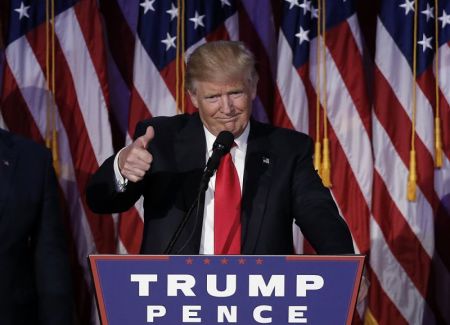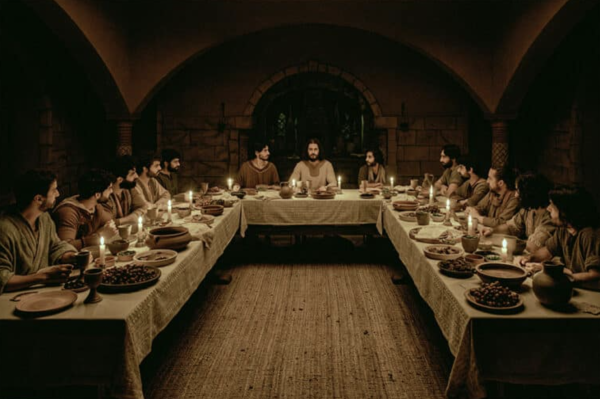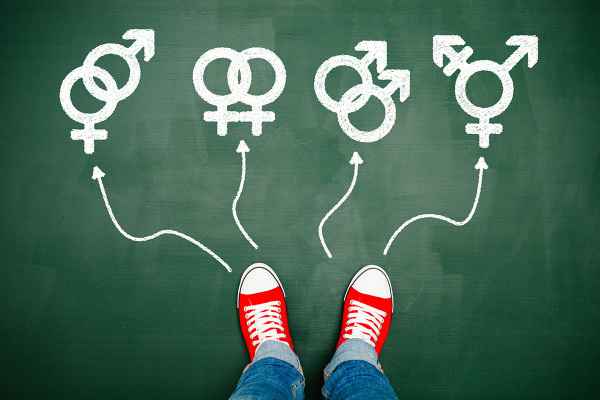Exit Polls Analysis: How Donald Trump Won

Trump won Obama's "Rust Belt" states
A large factor behind Trump's victory is the fact that he was able to win key "Rust Belt" states like Michigan, Wisconsin, Ohio and Pennsylvania, which all helped propel Democratic President Barack Obama in 2012. Considering this, it seems that Trump's promises to bring manufacturing jobs back to America from overseas seems to have resonated with voters in those states, and in other states like North Carolina.
According to the CNN exit poll, 63 percent of voters said that they have a "poor," rather than "good," view the U.S. economy. Of those voters, 63 percent of those voters said that they voted for Trump, while only 31 percent said they voted for Clinton.
Forty-one percent of the respondents rated the American economy as "not good." Fifty-five percent of those voters said they voted for Trump, while 39 percent of them said they voted for Clinton. Of the 21 percent of the respondents who rated the economy as "poor," 79 percent of them voted for Trump and only 15 percent of them voted for Clinton.
Forty-nine percent of respondents said that they think Trump would better handle the U.S. economy, while 46 percent said Clinton would better handle the economy.
Additionally, CNN reports that exit polling shows "large shares of voters in key rust belt states ... agreed with Trump's view that trade agreements have hurt American workers. And they overwhelmingly supported the billionaire businessman at the ballot box."
Six-in-10 concerned about direction of America
According to the CNN exit poll, over 62 percent of respondents said that the country is on the "wrong track," while 33 percent said that the country is headed in the "right direction." Of the voters who said that the country is on the "wrong track," 69 percent of them voted for Trump and 25 percent of them voted for Clinton.
Religious voters vote for the thrice married misogynist over the abortion queen
According to CNN's exit poll, 60 percent of Protestant voters, 52 percent of Catholics and 55 percent of "other Christian" voters said they voted for Trump, while 71 percent of Jews said they voted for Clinton.
Twenty-six percent of respondents said they were either white born-again or white evangelical Christians. Of those voters, 81 percent said they voted for Trump, while only 16 percent of them voted for Clinton.
Trump's 81 percent-mark with white evangelicals marks a two-percentage-point increase in the amount of white born-again Christians who said they voted for Republican nominee Mitt Romney in 2012. Clinton's 16-percent mark with white evangelicals represents a five-percentage-point drop in the amount of white born-again Christians who said they voted for Obama in 2012.
As 33 percent of the respondents said that they attend church once per month or more said they voted for Trump. Fifty-four percent of them said they voted for Trump and 42 percent of them said they voted for Clinton.
Clinton was more successful with those voters who said they attend church less than once per month. Sixty-two percent of the voters who said they never attend church said they voted for Clinton.






















